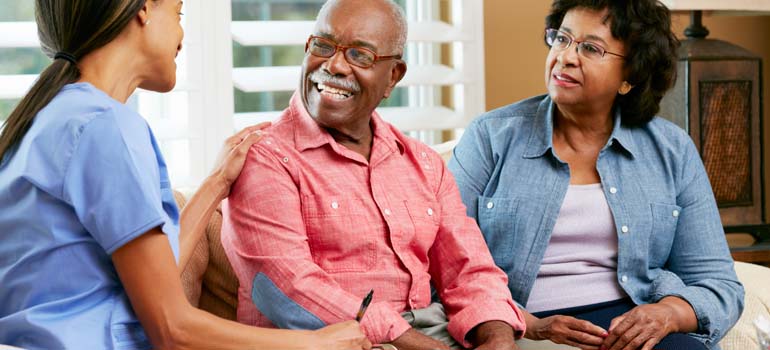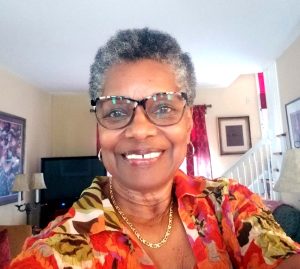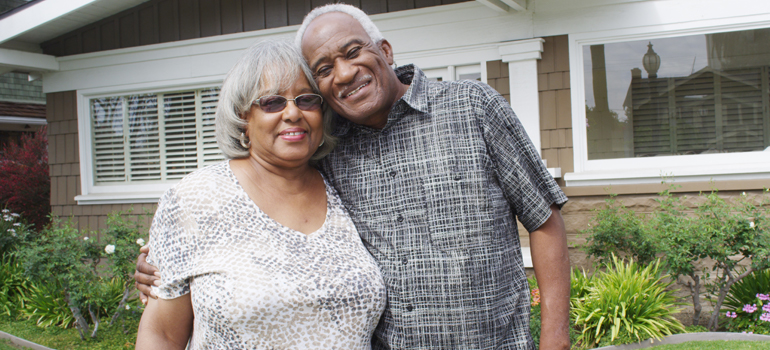What is a medical home and why does it matter?


A medical home is “when a patient sees a regular doctor, and the physician’s office has full knowledge of the client’s medical history,” says LaVerne Wiley.
As a Registered Nurse, Wiley was instrumental in the development of the Community Health Worker (CHW) education and certification program at Health Care Access Now (HCAN). Although she retired about five years ago, she still fills in as an instructor in the certification program at HCAN.
Without a medical home
Wiley gives this hypothetical situation of an individual without a medical home: Let’s say someone had a nosebleed that wouldn’t stop and went to a doctor for that problem. A few weeks later, the same patient goes to another location for a related issue but doesn’t mention the original nosebleed to the new doctor.
Because the new doctor doesn’t have all the information, it could mean that dots don’t get connected, making it impossible to provide an accurate diagnosis for something that could be serious. “It’s like starting over every time they visit” if a patient doesn’t have a medical home.
Additionally, people without a medical home “are at a disadvantage because they usually wait to go to the doctor even if something needs to be looked at right away,” Wiley says. “By the time they finally do seek help and end up in the emergency room, it could have turned into something severe.”
Wiley stresses that having a medical home doesn’t mean that the patient never goes anywhere else for medical attention: “It’s just like having your own home where you live. You go out to different places for the things you need, but you always have a comfortable place to return to.”
Not just medical but also social support
Although HCAN clients often lack medical homes when CHWs first meet with them, it’s not just the economically disadvantaged or those without insurance who face this issue. “It runs the gamut,” Wiley says, “A lot of times, it’s men who work every day that only go to the doctor when it’s something serious.”
However, having limited resources affects overall health in several other ways that can be positively changed by patients finding medical homes. “It doesn’t guarantee that a person will be healthier, but it increases the opportunities” for intervention and education. When a patient develops rapport with staff and physicians, they can provide an additional layer of social support. “They can connect [patients] to entities that relieve issues,” she says.
Wiley gives the example of two diabetic people, one low-income and one well-off. The disadvantaged person is more likely to aggravate their illness by eating sugary foods because “cheaper things have a lot of sodium or sugar in them”; whereas “if you have more money and more advantage, you’re liable to get things that are better for you,” if you also have diabetes.
In this kind of situation, doctors, nurses, and other support staff at a medical home could connect the less advantaged patient with a food bank that provides balanced meals, as well as training them to read nutrition labels so they better understand what foods will be especially bad or good for them.
Access now
HCAN helps its clients establish medical homes through the assistance of CHWs, who “do the legwork for clients and [do things like] bring[ing] them a list of doctors accepting new patients.”
Wiley says that this process can be difficult for anyone to embark upon, and that the guidance of CHWs really helps motivate clients to change the way they approach health care. “It’s so important to have a medical home,” she says. It prevents small issues from becoming big problems and improves health outcomes for everybody.
Do you need health insurance? Health Care Access Now offers free health insurance application assistance. To get started contact us at info@healthcareaccessnow.org or 513-707-5697. Ayuda en español tambien, assistance en français aussi.






